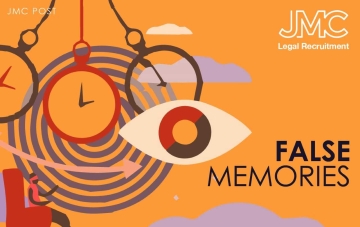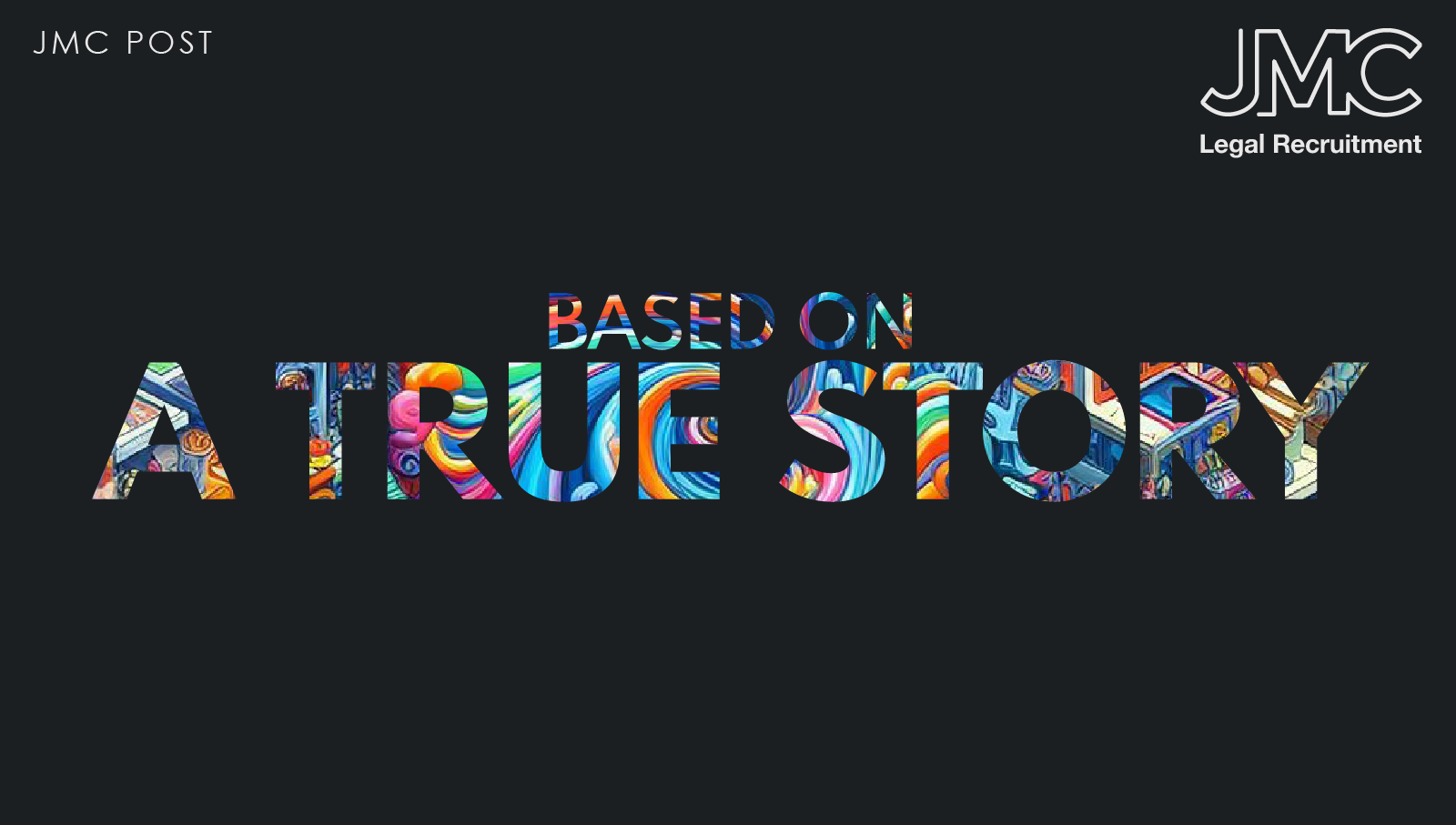
False Memories
22 Aug, 20222 Mins
Can you trust our memory of a crime?
Could you be tricked into thinking you committed one?
Your instinct may be to think “no chance”, but we’re much more susceptible to misremembering events than we think.
As humans, we’re constantly making memory mistakes and misremembering information. Most of the time, it doesn’t matter. But when a legal case rests on it, that’s where problems can arise.
Eyewitness misidentifications have played a role in 70% of the 349 wrongful convictions overturned by DNA evidence.
According to a 2020 UCL study, humans are no better than chance at identifying when someone is recounting a genuine memory or a false memory of a crime. A previous study in 2015 went further and successfully implanted false memories of committing assault or assault with a weapon.
Derren Brown took this manipulation of memory even further in his show The Guilt Trip. He persuaded his subject Jody to confess to murder using distorted information - interfering with sleep, triggering deep levels of guilt by putting them in difficult situations and using hypnosis.
If false memories lead to false confessions and most people can’t spot them from an actual memory - this is something people working in the criminal justice system should know.
It’s important to have eyewitness testimony to back up evidence. Careful questioning, getting a good initial statement, and an awareness of how humans can misremember things is key.
Written by Jason Connolly



